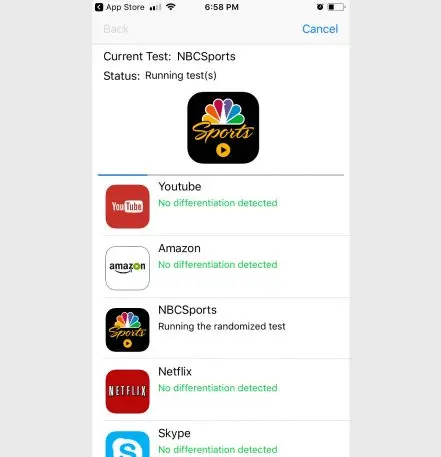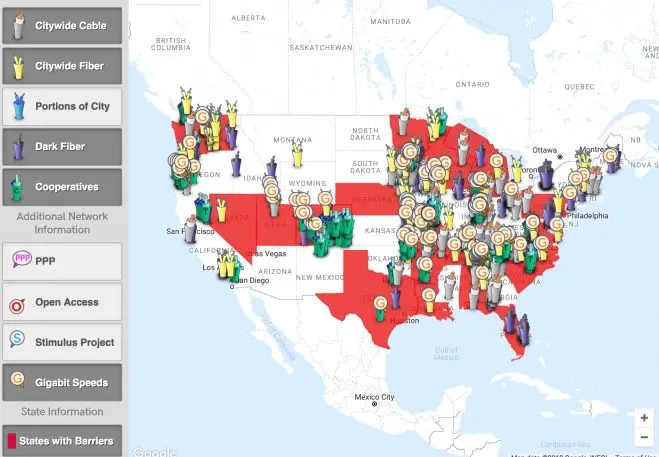The political fight for net neutrality should have been a model of how democracy works. Tireless advocates spent years transforming a wonky academic concept into to a pop culture phenomenon, building majorities in both political parties to embrace the idea of protecting unfettered internet access. But majorities aren’t always enough. Internet service providers persuaded elected and appointed officials to abolish regulations that prevented blocking, throttling, and selling fast lanes, as well as those rules that prohibited collecting and selling an ISP customers’ data.
The fight over net neutrality and ISP privacy continues in both Washington, D.C., and state capitals. For their part, major ISPs claim to have your best interests at heart, although they have also lobbied to undo federal and state measures to protect customers. Some smaller ISPs, like California-based Sonic, have made net neutrality and privacy selling features. Several signed letters to the FCC supporting net neutrality and customer privacy. But if you can’t find a trustworthy ISP near you and don’t want to wait on politicians to maybe address the issues, there are ways to protect your internet access right now.

Test And Report An Abusive ISP
The FCC did leave in place both requirements that ISPs disclose how they manage their networks, and the ability to report ISPs that aren’t playing fair. Android and iOS apps OONI and Wehe and website Internet Health Test can check whether an ISP may be degrading your connection to specific sites or segments of the net. The results could either provide ammunition for filing a joint complaint to the FCC and Federal Trade Commission, or just prove that you should switch to another ISP (if you have that option).

Subscribe To A Virtual Private Network
VPNs create encrypted connections between you and the VPN service provider, so even an abusive ISPs can’t snoop, block, or throttle based on content (although they could block an entire VPN service). A good VPN costs between about $3 and $12 per month. C|net maintains a list of top services.
VPNs aren’t perfect, though. Sites like Netflix and Hulu, which license content by region, may block VPNs because they obscure where visitors come from. Also, VPN apps are meant for computers, phones, and tablets, not connected devices like smart TVs or game consoles. Protecting an entire house or office requires buying a high-end router configured to run VPN software.

Build Your Own ISP—Or Join People Who Have
You can buy most anything online, even a 24 GHz transceiver that beams gigabit-class data streams up to eight miles. Smaller transmitters and Wi-Fi routers then connect individual users. That’s one type of setup that community ISPs committed to net neutrality and privacy use to get members online. Projects are sprouting up around the world and the U.S., from Detroit’s Equitable Internet Initiative to New York’s NYCMesh. Users can contribute by setting up their own router that extends the network. The Internet Society runs a grant program to support people building community networks around the world.

Join A City-Run Network
Many municipalities have also built their own consumer rights-friendly ISPs, often running fiber-optic connections right to people’s homes. They frequently provide better service at lower prices than private sector ISPs, according to a recent Harvard University study. (No wonder that telecom companies have worked to shut down municipal networks through lobbying or court cases.) The Institute for Local Self Reliance encourages development of municipal (and citizen) run broadband and keeps track of networks across the US.
Recognize your brand’s excellence by applying to this year’s Brands That Matter Awards before the early-rate deadline, May 3.
